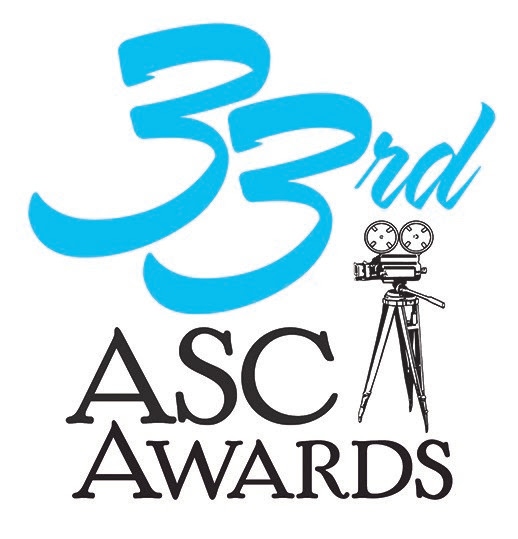It shows how out of it I was in trying to be in it, acknowledging that I was out of it to myself, and then thinking, “Okay, how do I stop being out of it? Well, I get some legitimate illogical narrative ideas” — some novel, you know?
So I decided on three writers that I might be able to option their material and get some producer, or myself as producer, and then get some writer to do a screenplay on it, and maybe make a movie.
And so the three projects were “Do Androids Dream of Electric Sheep,” “Naked Lunch” and a collection of Bukowski. Which, in 1975, forget it — I mean, that was nuts. Hollywood would not touch any of that, but I was looking for something commercial, and I thought that all of these things were coming.
There would be no Blade Runner if there was no Ray Bradbury. I couldn’t find Philip K. Dick. His agent didn’t even know where he was. And so I gave up.
I was walking down the street and I ran into Bradbury — he directed a play that I was going to do as an actor, so we know each other, but he yelled “hi” — and I’d forgot who he was.
So at my girlfriend Barbara Hershey’s urging — I was with her at that moment — she said, “Talk to him! That guy really wants to talk to you,” and I said “No, fuck him,” and keep walking.
But then I did, and then I realized who it was, and I thought, “Wait, he’s in that realm, maybe he knows Philip K. Dick.” I said, “You know a guy named—” “Yeah, sure — you want his phone number?”
My friend paid my rent for a year while I wrote, because it turned out we couldn’t get a writer. My friends kept on me about, well, if you can’t get a writer, then you write.”
~ Hampton Fancher
“That was the most disappointing thing to me in how this thing was played. Is that I’m on the phone with you now, after all that’s been said, and the fundamental distinction between what James is dealing with in these other cases is not actually brought to the fore. The fundamental difference is that James Franco didn’t seek to use his position to have sex with anyone. There’s not a case of that. He wasn’t using his position or status to try to solicit a sexual favor from anyone. If he had — if that were what the accusation involved — the show would not have gone on. We would have folded up shop and we would have not completed the show. Because then it would have been the same as Harvey Weinstein, or Les Moonves, or any of these cases that are fundamental to this new paradigm. Did you not notice that? Why did you not notice that? Is that not something notable to say, journalistically? Because nobody could find the voice to say it. I’m not just being rhetorical. Why is it that you and the other critics, none of you could find the voice to say, “You know, it’s not this, it’s that”? Because — let me go on and speak further to this. If you go back to the L.A. Times piece, that’s what it lacked. That’s what they were not able to deliver. The one example in the five that involved an issue of a sexual act was between James and a woman he was dating, who he was not working with. There was no professional dynamic in any capacity.
~ David Simon














